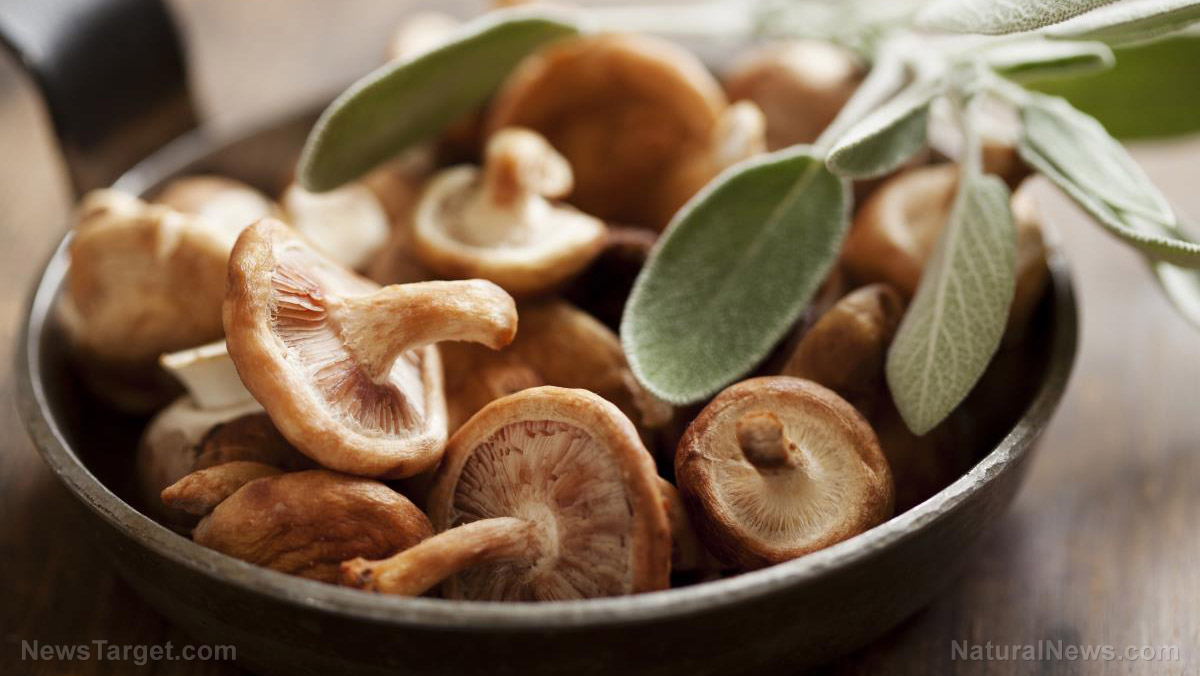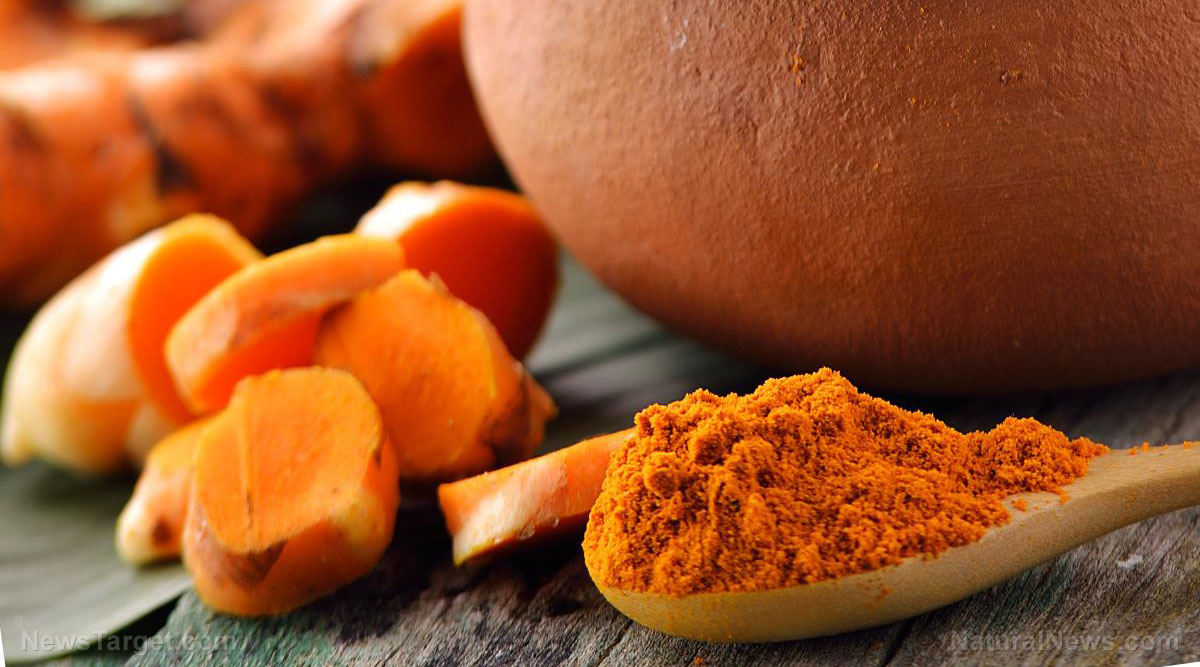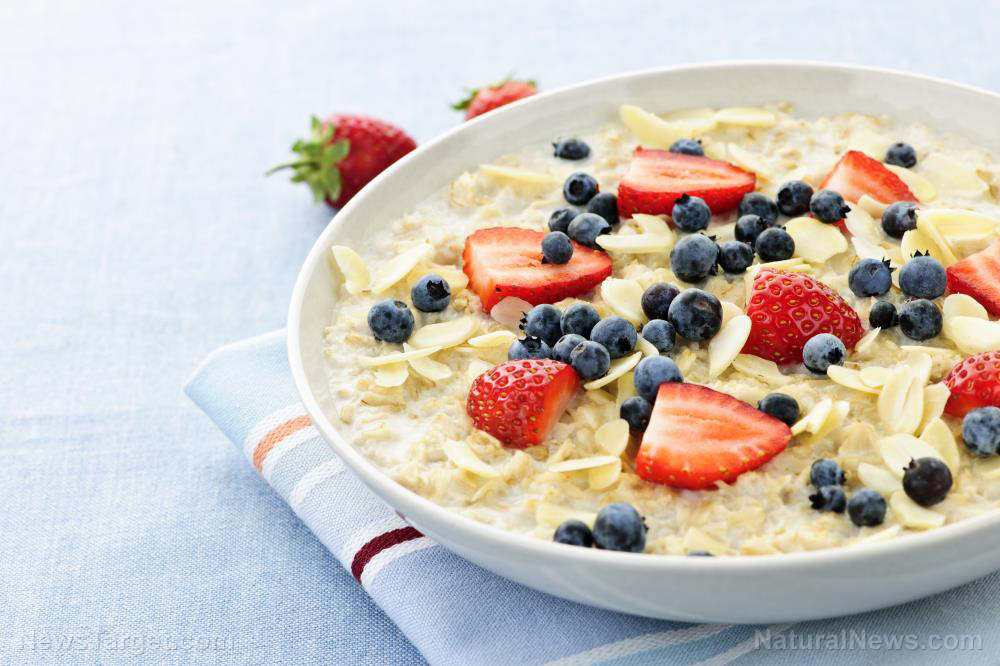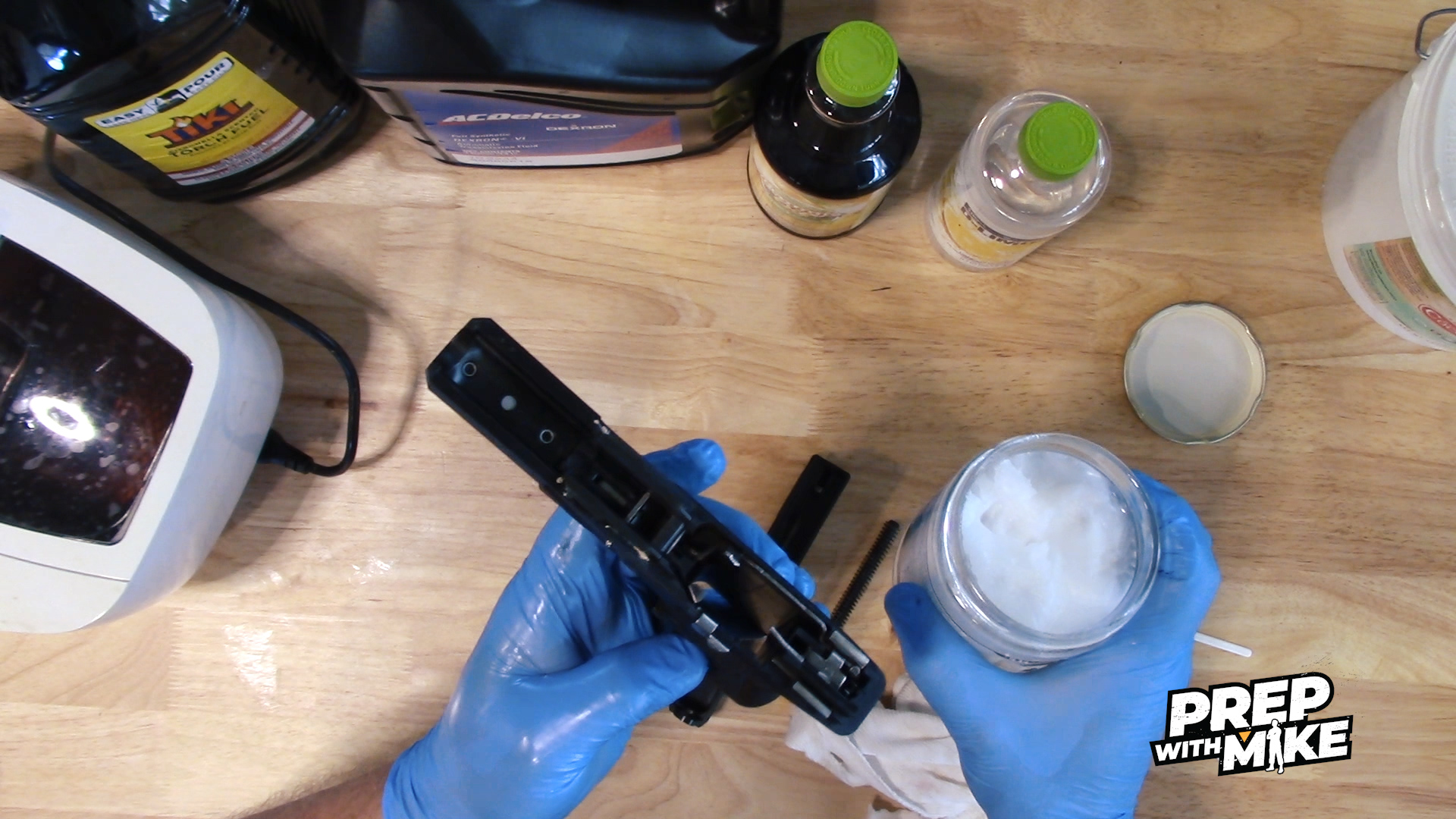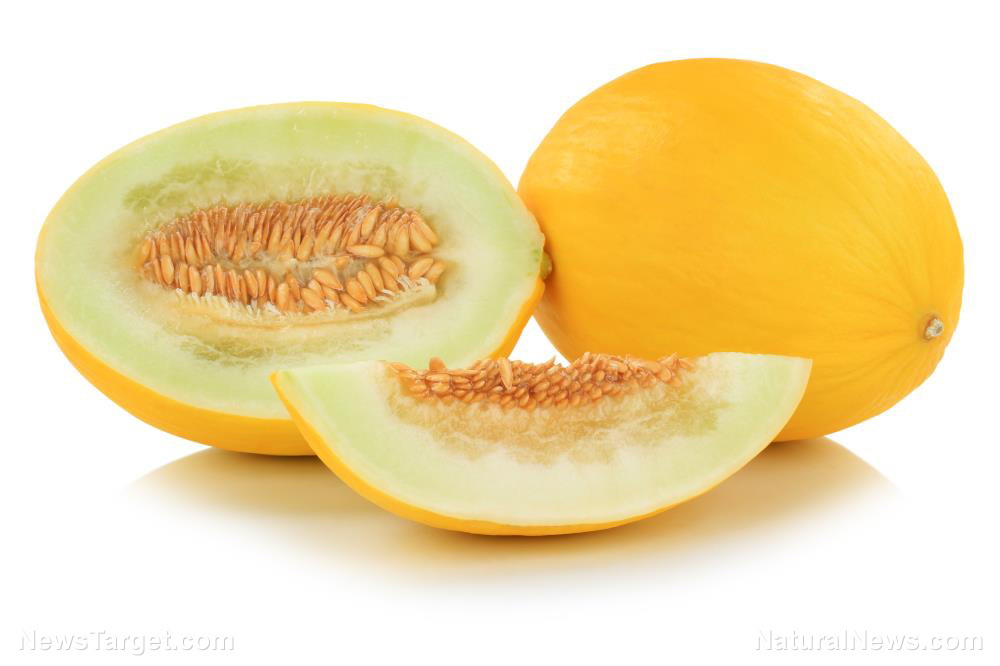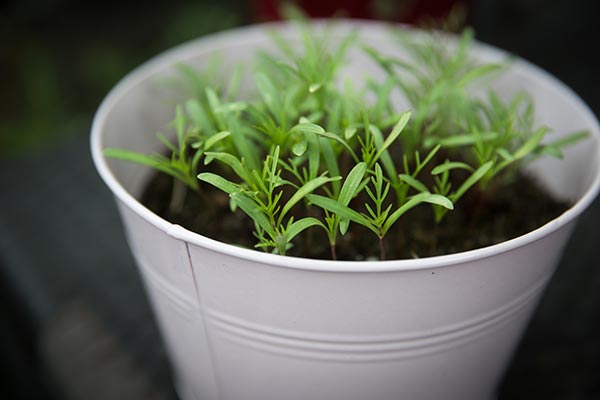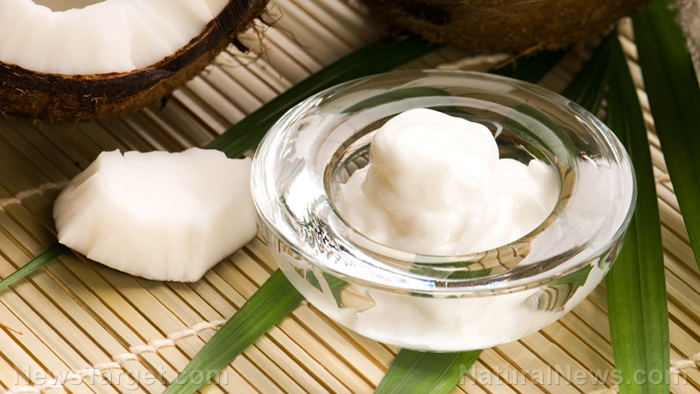Extracts from 4 herbal plants exhibit anti-inflammatory properties
09/08/2020 / By Evangelyn Rodriguez
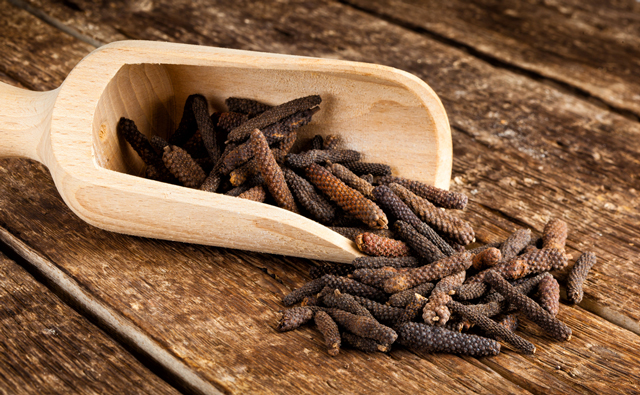
Researchers at the University of Central Florida evaluated the anti-inflammatory activities of aqueous extracts derived from holy basil leaf, sesame seed, long pepper and cubeb pepper. They reported their findings in an article published in the Journal of Medicinal Food.
- Plant extracts are gaining traction as anti-inflammatory agents.
- Holy basil, sesame seed, long pepper and cubeb pepper are four botanicals widely used as medicine.
- The researchers tested the effects of these herbs’ aqueous extracts on monocyte-derived macrophages (MDMs).
- After exposing MDMs to these extracts for two hours, they subjected the cells to lipopolysaccharide (LPS) stimulation for 24?hours then analyzed the expression of pro-inflammatory genes.
- They also studied the effects of the extracts on the oxidation of low-density lipoprotein (LDL) by enzymatic (myeloperoxidase) and non-enzymatic (copper) reactions.
- The researchers reported that all four extracts reduced LPS-induced inflammation and inhibited LDL oxidation.
- Using liquid chromatography–high resolution mass spectrometry, they analyzed the phytochemical composition of each extract.
- Among the wide range of chemicals they found were the following:
- Short-chain organic acids
- Phenolic acids and their derivatives
- Piperine and its structural homologues
- Eugenol
- Rosmarinic acid
- Flavonoids and their glucosides
The researchers believe that their study could serve as a guide for future studies on natural medicines that will be useful for consumers and producers, as well as industries that make use of bioactive compounds.
Journal Reference:
Deme P, Narasimhulu CA, Parthasarathy S. EVALUATION OF ANTI-INFLAMMATORY PROPERTIES OF HERBAL AQUEOUS EXTRACTS AND THEIR CHEMICAL CHARACTERIZATION. Journal of Medicinal Food. 06 August 2019;22(8):861–873. DOI: 10.1089/jmf.2019.0009
Tagged Under:
RECENT NEWS & ARTICLES
COPYRIGHT © 2017 SUPERFOODS NEWS


